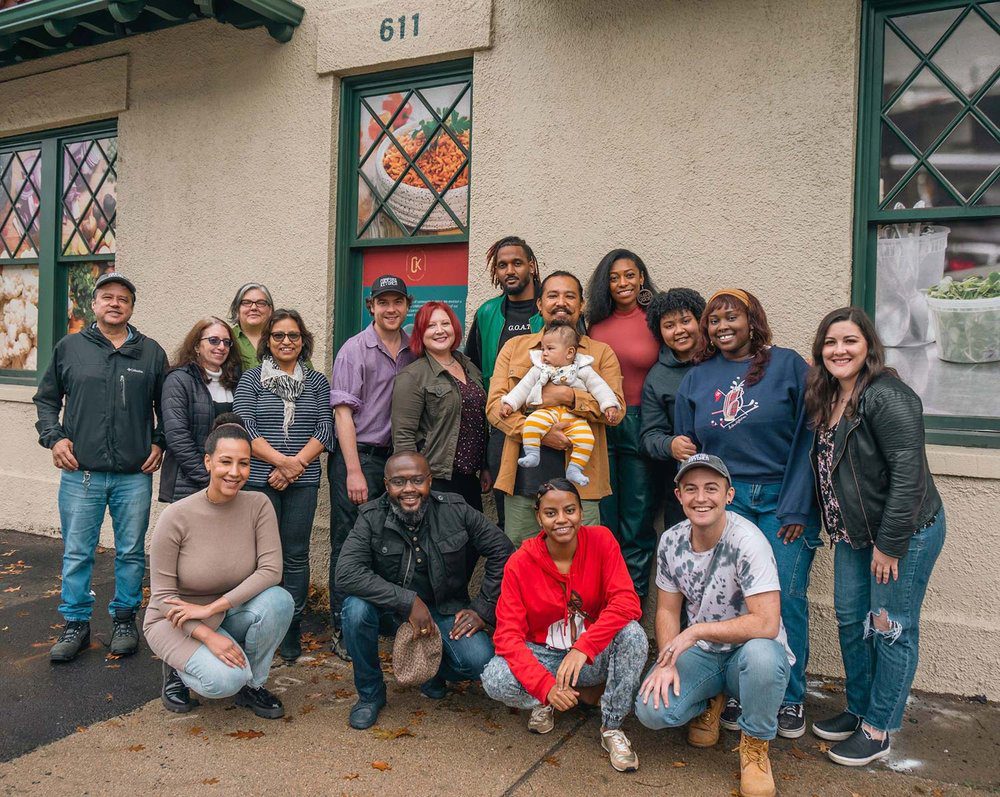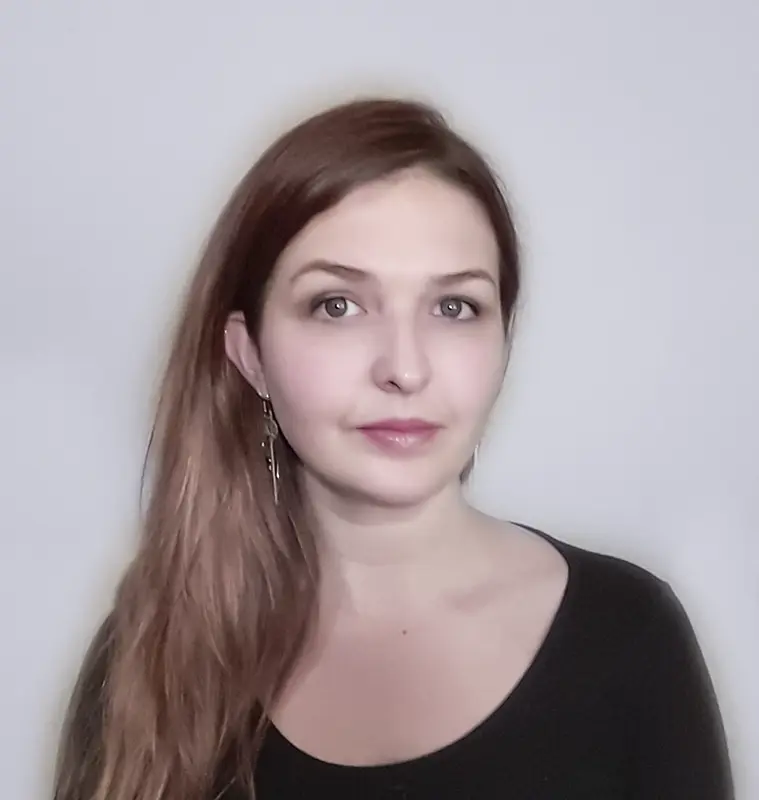The following is an excerpt. Read the full article on LA Progressive.
The Boston Ujima Project’s assembly All About Love: Community Care Systems asks: What would it take to love and care for the most marginalized people in the city?
By April M. Short
“[O]ne of the most vital ways we sustain ourselves is by building communities of resistance, places where we know we are not alone,” wrote bell hooks in the 1994 book Teaching to Transgress: Education as the Practice of Freedom.
While her work builds on that of Black feminist scholars before her—like Audre Lorde, Alice Walker, and Toni Morrison—hooks’s “legacy is singular in the way she [centers the fight] against structural and institutional oppression” in the importance of community care, as notes Juliette Fekkar in a 2022 article published in Varsity, the independent student newspaper for the University of Cambridge.
All About Love
What would it take to love and care for the most marginalized people in a given community?
This is the question the Boston Ujima Project is asking. The group works to build cooperative economic infrastructure and return wealth to working-class communities of color.
Inspired by bell hooks’s work on “the power of love to reshape systems for the better,” as notes Paige Curtis, culture and communications manager for the Ujima Project, the member-run organization is hosting an assembly called “All About Love: Community Care Systems.” The event, taking place throughout April 2023, draws its name from hooks’s groundbreaking, iconic book.
“bell hooks understood that care is just one component of love,” says Curtis. “In her words, ‘Love is a combination of care, commitment, knowledge, responsibility, respect, and trust.’”
In Boston, as in cities across the U.S. and the world, there is a lack of overarching care for the most marginalized residents. Housing shortages, food insecurity, and the cost-of-living crisis were already significant issues prior to 2020, and many of those issues worsened with the COVID-19 pandemic. The need for better systems of care is likely to deepen in the next decade with the impacts of climate change. The World Economic Forum’s Global Risks Report 2023 assessed a set of serious risks to humans now, as well as risks projected 10 years into the future. It found the most urgent current risk to be the cost-of-living crisis, and the most urgent in 10 years to be the climate crisis.
Curtis says while COVID-19 has exposed the financial hardships of residents and businesses in the city, even before the pandemic, the Ujima Project’s members and supporters put together a mutual aid fund to offer support to those in need, “governed by mutual respect for our collective well-being.”
April M. Short is an editor, journalist, and documentary editor and producer. She is a co-founder of the Observatory, where she is the Local Peace Economy editor, and she is a writing fellow at the Independent Media Institute. Previously, she was a managing editor at AlterNet as well as an award-winning senior staff writer for Good Times, a weekly newspaper in Santa Cruz, California. Her work has been published with the San Francisco Chronicle, In These Times, LA Yoga, Pressenza, the Conversation, Salon, and many other publications.

